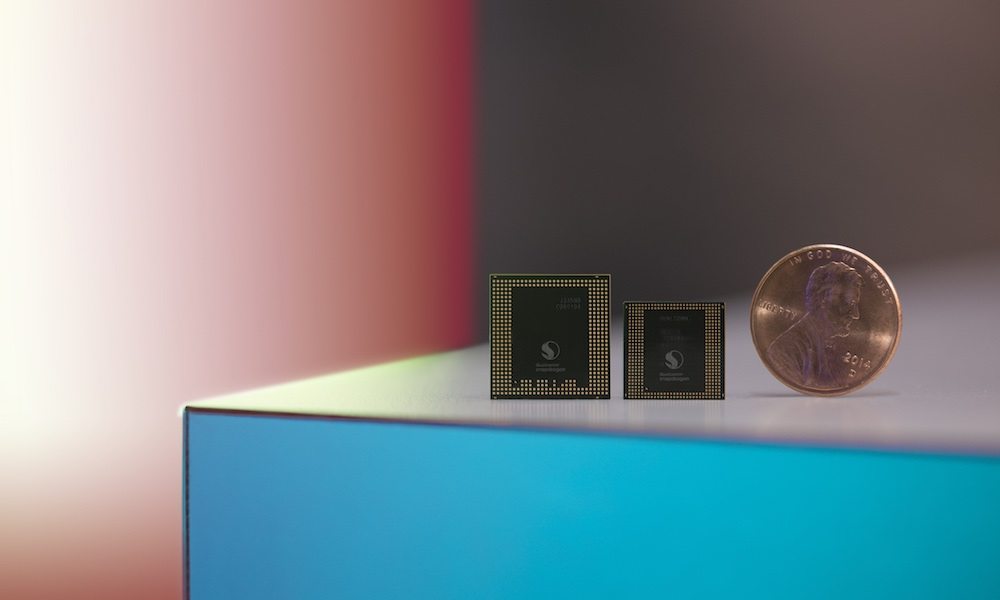FTC Lawsuit Claims Qualcomm, Inc. Forced Apple to Use Its Chips

Toggle Dark Mode
The Federal Trade Commission is coming down on Qualcomm, Inc. for allegedly forcing Apple to use its own modems in exchange for lower licensing fees, pushing competitors out of the market.
The FTC filed a lawsuit Wednesday accusing the San Diego-based chipmaker of leveraging its dominant position in the market to maintain a monopoly — which would violate U.S. antitrust laws. In short, Qualcomm allegedly refused to sell modems to companies that didn’t agree to pay higher patent royalties for devices that used competitor’s products, according to The Verge. The FTC calls this a “no-license, no-chip policy.”
“These royalties amount to a tax on the manufacturers’ use of baseband processors manufactured by Qualcomm’s competitors, a tax that excludes these competitors and harms competition,” the FTC lawsuit states, adding that the increased costs imposed by the tax are passed onto consumers.
Qualcomm’s dealings with Apple are front-and-center in the FTC’s lawsuit. According to the complaint, Qualcomm strong-armed Apple, precluding them from using modules manufactured by competitors.
“Qualcomm recognized that any competitor that won Apple’s business would become strong, and used exclusivity to prevent Apple from working with and improving the effeteness of Qualcomm’s competitors,” the complaint reads.
As part of the deal, Qualcomm allegedly agreed to refund a portion of Cupertino’s patent royalty payments if the tech giant agreed not to adopt competitor Intel’s WiMAX 4G standard, according to Forbes. Although WiMAX eventually died, the reported deal allowed Qualcomm to keep the iPhone off of what could have been a faster 4G network until it was ready to launch LTE — and it secured Qualcomm’s place in forthcoming iPhones and iPads.
The FTC lawsuit also represents a threat to Qualcomm’s most profitable business venture: licensing. The majority of the San Diego-based company’s profits come from selling the rights to use its patents — patents which are, effectively, essential to all modern phones, Bloomberg reported.
Qualcomm denied that it had violated any antitrust laws, stating “the complaint is based on a flawed legal theory, a lack of economic support and significant misconceptions about the mobile technology industry.”
“Qualcomm has never withheld or threatened to withhold chip supply in order to obtain agreement to unfair or unreasonable licensing terms,” the company said. “The FTC’s allegation to the contrary — the central thesis of the complaint — is wrong.”
This isn’t the first time that a regulatory agency has targeted the chipmaker. Just last month, South Korean authorities fined Qualcomm nearly $890 million for practices that they described as “monopolistic,” ARS Technica reported. The European Union and Taiwanese Fair Trade Commission are also investigating the company.
Qualcomm’s shares dropped nearly 5.6 percent Tuesday, and closed at 4 percent — $64.19 a share — according to stock market data.






